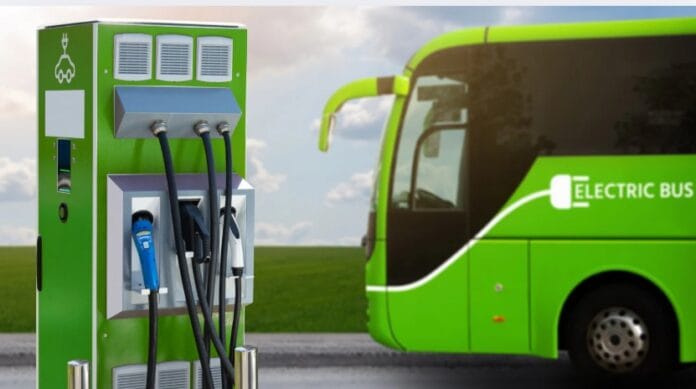September 13, 2025: the International Finance Corporation (IFC) has announced a $137 million financing package aimed at accelerating the deployment of electric buses across the country. The World Bank Group’s private sector arm will direct $100 million to JBM ECOLIFE, a leading manufacturer of electric buses, and $37 million in mezzanine capital (a hybrid of debt and equity financing) to GreenCell Mobility, backed by Eversource Capital.
This strategic investment will facilitate the rollout of 4,000 electric buses and charging stations across key regions in India, including Maharashtra, Assam, Gujarat, Andhra Pradesh, Bihar, Madhya Pradesh, Puducherry, and New Delhi. These states have become the focus of India’s ongoing push for electric vehicle adoption, driven by both public sector and private operators.
A key feature of this deal is the Payment Security Mechanism (PSM), which aims to protect bus operators from payment delays often experienced with state-run transport undertakings. This will help resolve a major pain point in the Indian transport sector, where delayed payments have hindered the growth of private bus operators. With PSM, the risks associated with payments will be mitigated, ensuring the smooth functioning of the operations.
IFC Investment to Boost Electric Bus Expansion in India
The investment underscores India’s commitment to reducing carbon emissions and shifting towards sustainable transport solutions. With a fleet of over 800,000 public buses and 1.2 million private buses, India’s public transportation system is primed for a transformation. The IFC’s financing aligns with India’s national target to electrify 40% of buses by 2030—an ambitious yet achievable goal as state governments and private operators ramp up their efforts to transition to electric vehicles (EVs).
“We are making e-mobility possible through investments in leaders like JBM and GreenCell,” said Makhtar Diop, Managing Director of IFC. “By leveraging innovative financing and a pioneering payment security mechanism, we are mobilizing private capital at scale to support national priorities. India is not only accelerating its own transition, but also leading the way in shaping the future of mobility solutions for cities worldwide.”
The combination of equity and debt financing, alongside the PSM, offers an innovative blueprint for how financing can be structured to meet the growing demand for electric vehicles. As a result, private capital is expected to flow into the sector at a larger scale, setting the stage for the expansion of India’s electric bus network.
This deal also sets the stage for more funding opportunities in India’s green transport sector—a crucial piece in achieving India’s climate goals. With its clear regulatory support and rapidly growing demand for clean energy solutions, India is well-positioned to lead the charge in the global e-mobility revolution.
India’s e-bus ecosystem is on track to be a global benchmark for clean public transport, and the support from the IFC will significantly contribute to accelerating the electrification process.



